November is Bladder Health Month! While many of us do not give importance to our bladder health. November month serves as a reminder to get the facts about common bladder health problems and to take an active role in taking care of our health.
There are two common health problems affecting the bladder. They are - urinary incontinence and overactive bladder (OAB).
If you have a sensitive bladder, you should eat these food items like pears, bananas, green beans, potatoes, lean proteins, whole grains, etc.
Certain foods and beverages are more of a hassle than aggravating your OAB symptoms. You must avoid food items like chocolate, alcoholic drinks, citrus fruit, tomatoes, and tomatoes-based products, spicy foods, honey, raw onion, foods containing sugar or sugar substitutes, etc.
Facts:
In India, according to the recent reports of the National Cancer Registry Program, the overall incidence rate of urinary bladder cancer is 2.25% (per 100,000 annually): 3.67% among males and 0.83% for females.
According to research, Men get bladder cancer 4x more often than women.
Bladder cancer occurs mainly in older people. About 9 out of 10 people with this cancer are over the age of 55.
Smoking is the main risk factor for bladder cancer.
Karishma Shah is a Renowned Nutritionist and Plant Diet based Food Coach. She is also a Weight Loss Expert, Diabetes and PCOS Educator & Certified in Psychology of Eating
Dr. Aditya Sharma is a Urologist, Andrologist, Uro-oncologist, and kidney transplant specialist at Dr. Aditya's clinic, Lucknow. At Dr. Aditya’s clinic, they offer a wide range of treatments such as urology cancers, laparoscopic urology, prostate diseases, stone removal surgeries, reconstructive urology surgery, erectile or sexual dysfunction, pediatric urology, and pediatric renal transplant at a nominal price.
Dr. Aditya K. Sharma has been facilitated with several national and international accolades for his outstanding contribution in the field of Urology and Medicine. Some of them are as follows-
Best Urologist & Transplant Surgeon International Healthcare Summit & Awards 2017 P.C. Dubey Memorial Gold Medal, KGMU, 2005 M.C. Michael Gold Medal, KGMU, 2001 Silver Medal & Certificate of Honors in Anatomy KGMU 2001 Certificate of Honors in Physiology, Microbiology, Pathology, Pharmacology, Social & preventive medicine, Obstetrics & Gynecology & Medicine
All you need to know about Overactive Bladder
Dr. Aditya Sharma says, “As the name suggests, overactive means active more than normal. The main function of the bladder is to store urine up to the capacity of 300-500ml. After the filling of the urinary bladder, the nerves of the bladder signal the brain to pass urine. There are two levels of bladder signaling the brain-
When the bladder is full Controlling the urine in the bladder till reached the washroomIn patients with overactive bladder, there is a defect in the storage of the volume of the bladder and control the bladder. Due to uncontrollable contraction of the bladder, the patient can't hold urine in the bladder which leads to an overactive bladder. The hyperactive bladder results in leakage of urine.”
Diet for overactive bladder
Dr. Sharma says, “Your diet affects health and personality. Diet also affects the urinary bladder.
Foods not to be taken for overactive bladder are as follows-
Sugar Tobacco products Smoking Caffeine Spicy foods
Foods to be taken for overactive bladder as follows-
Fruits Vegetables Exercise Calm and composed brain Yoga meditation.”
Diet for bladder cancer survivors
Karishma says, “We have to understand cancer properly. The main cause of cancer is inflammation do so not consume things that increase inflammation in the body. So, an anti-cancer diet help reduce inflammation in the body. The diet tips for bladder cancer prevention are as follows-
Anti-inflammatory diet Avoid smoking drinking Avoid dairy products Avoid gluten products Avoid fatty products Hydrate yourself Include vegetables and fruits for a good amount of fiber Fiber intake for detoxification Anti-oxidants Cereals and millets Prebiotics and probiotics Protein.”
Long term impact of urine retention
Dr. Sharma says, “It is important not to pressurize the bladder which leads to urine retention. The urinary bladder is a reserve tank that can control up to a certain limit. Controlling your urine in the bladder for a long time can cause over-stretching of the bladder and a decrease in controlling power with age. As the age advances, the muscle tone reduces and we see many people by the age of 50 - 60 with a lack of contracting power of the urinary bladder. The solution to urinary problems are -
Good sanitization Hygiene Reduce liquid intake if you traveling for long Avoid coffee and cold drinks which irritate the bladder Do not hold urine for long.”
Urine control in males and females
Dr. Aditya Sharma informs, “India is a country where access to toilet facilities is an issue. Women are more prone to overactive bladder than men. The bladder control is conditional reflux. The ratio of men and women is 1:2.”
Know about urinary tract infection
Dr. Sharma says, “Urinary tract infection is common in women during the post-pubertal age. The symptoms are -
Burning or dysuria Lack of urine control Frequent urination Urine leakage Fever Kidney infection
The cause of urinary tract infection is Ecoli bacteria which causes infection. The habits like -
Personal hygiene Clean washroom Sexual activity Hydrate yourself with 2 -3 liters of water Every 1 hour of sweating you need 1.5 liters of water Drink clean water Citrus fruits Lemon water Lifestyle Physical activity Immunity Blood circulation Take regular breaks Walk after meals.”
Healthy tips for bladder related problems
Karishma says, “The healthy tips for bladder related problems are -
Say no to alcohol Say no to coffee and tea which is diuretic in nature Avoid long gaps between foods Eat home-cooked meals Do not consume sugar Healthy balanced diet Maintain good bacteria balance Avoid sugar, bread, and yeast products Avoid junk food Burn calories Move energy through exercise Say no to sugar.”
Reduce burning sensation of urine in females
Dr. Sharma says, “ The ways to reduce burning sensation in urine are -
Hydrate yourself with plenty of water
Lemon water
Consult Neurologist
Simple home remedies
Exercise well
Stay active
Maintain hygiene
Maintain a healthy lifestyle.”
(Edited by Dr.Rati Parwani)

 Karishma Shah and Dr. Aditya Sharma give important insights into urinary health. They inform that urinary problems are common in women than in men. They also provide special diet tips to beat urinary problems. Their professional expertise can definitely be a blessing for women suffering from long-term chronic bladder problems.
Karishma Shah and Dr. Aditya Sharma give important insights into urinary health. They inform that urinary problems are common in women than in men. They also provide special diet tips to beat urinary problems. Their professional expertise can definitely be a blessing for women suffering from long-term chronic bladder problems.









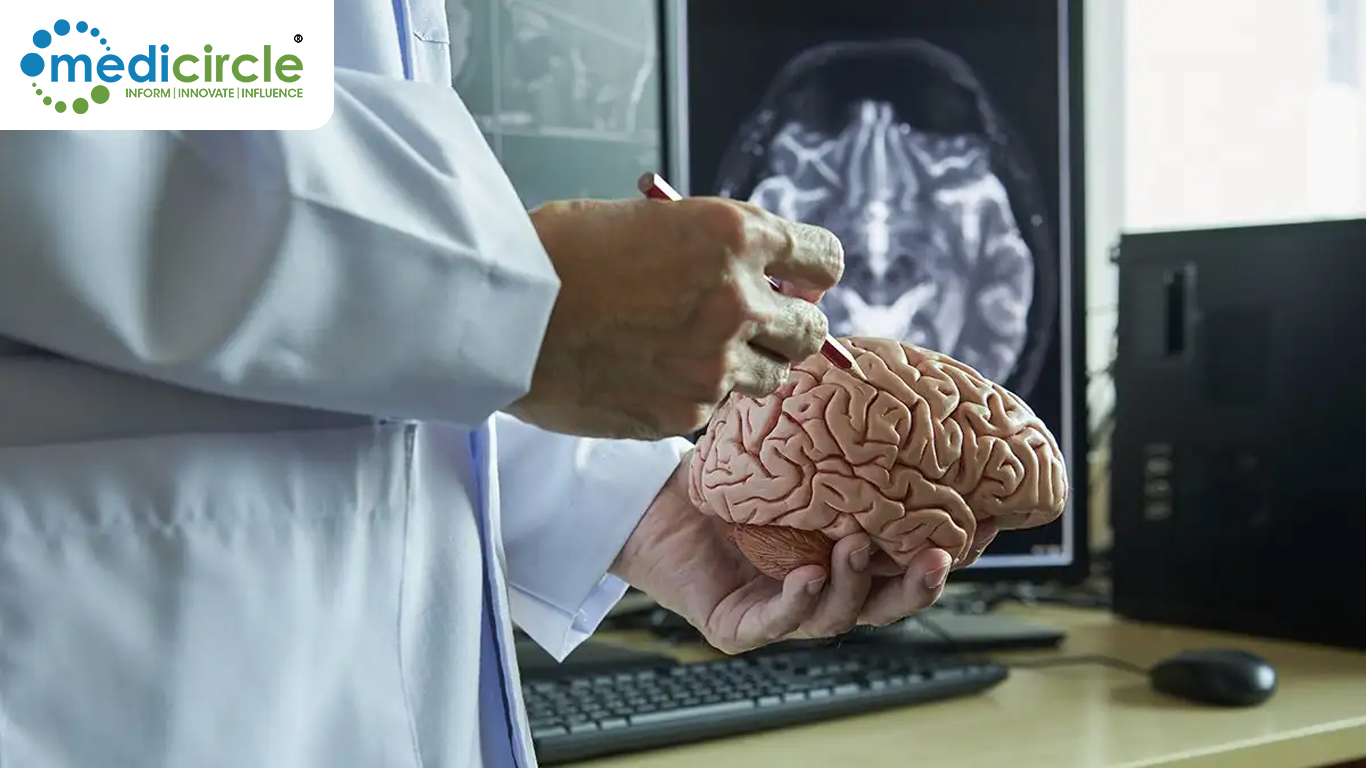
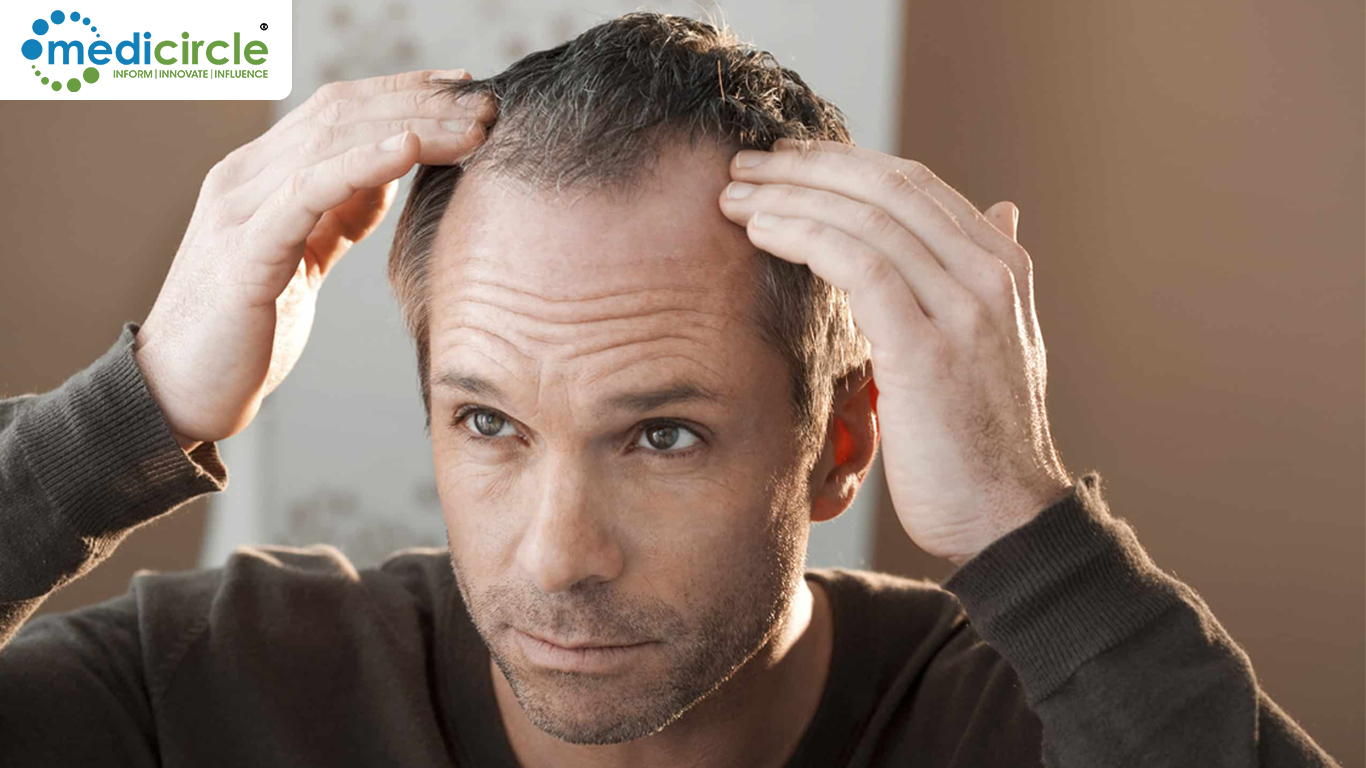
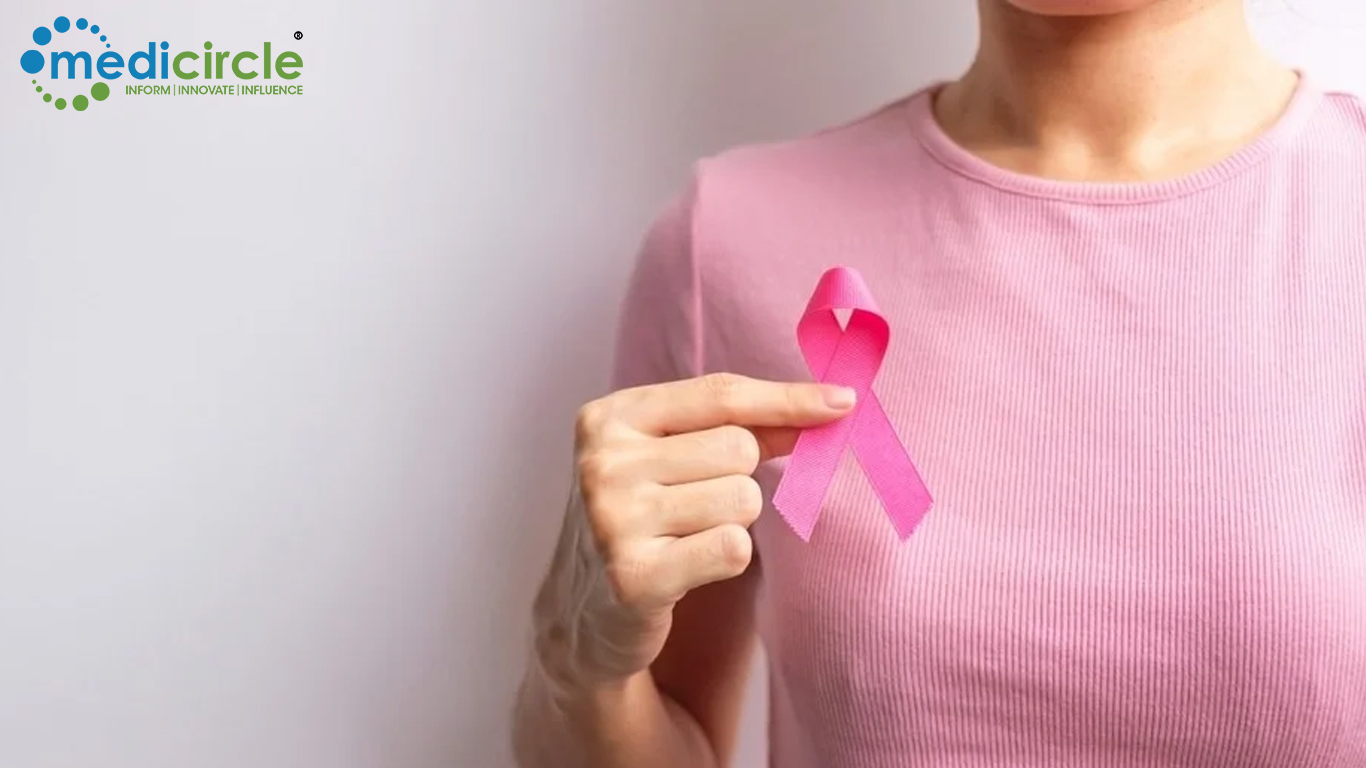

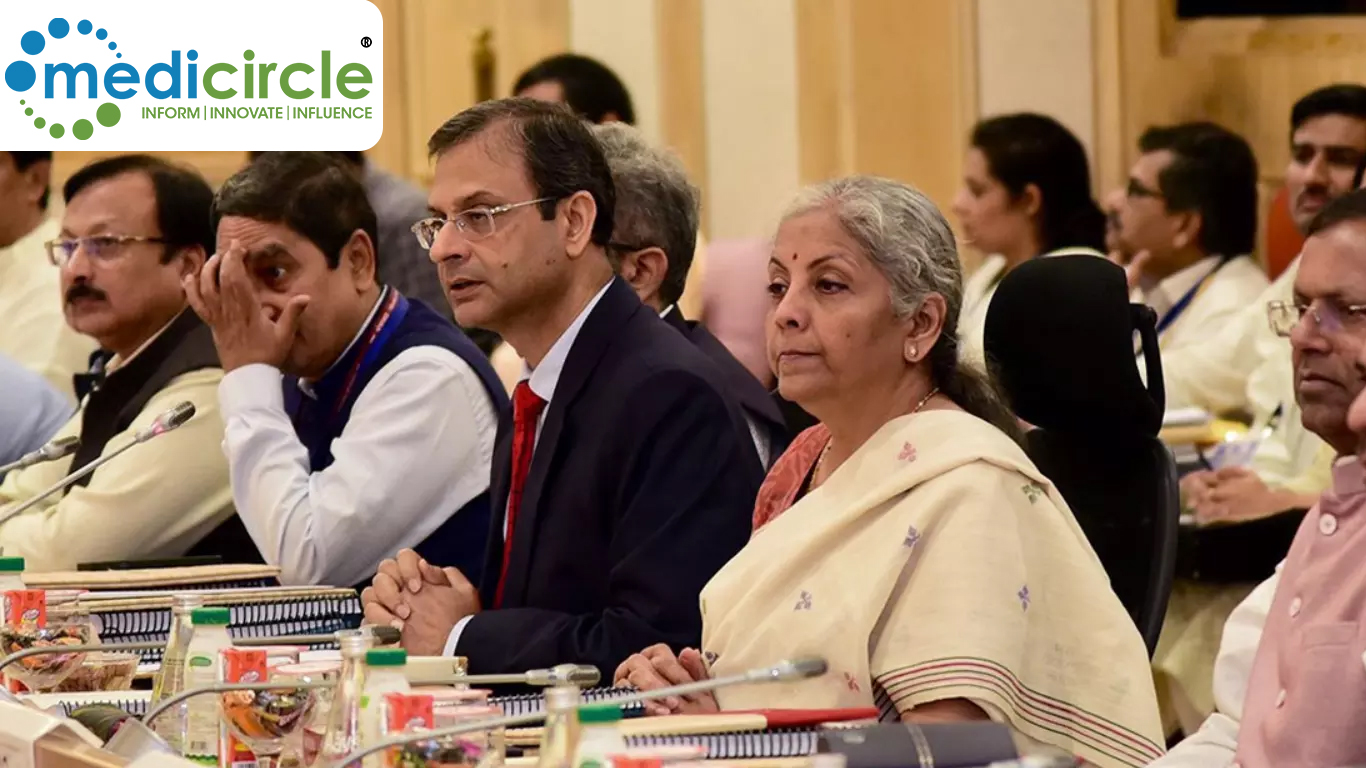
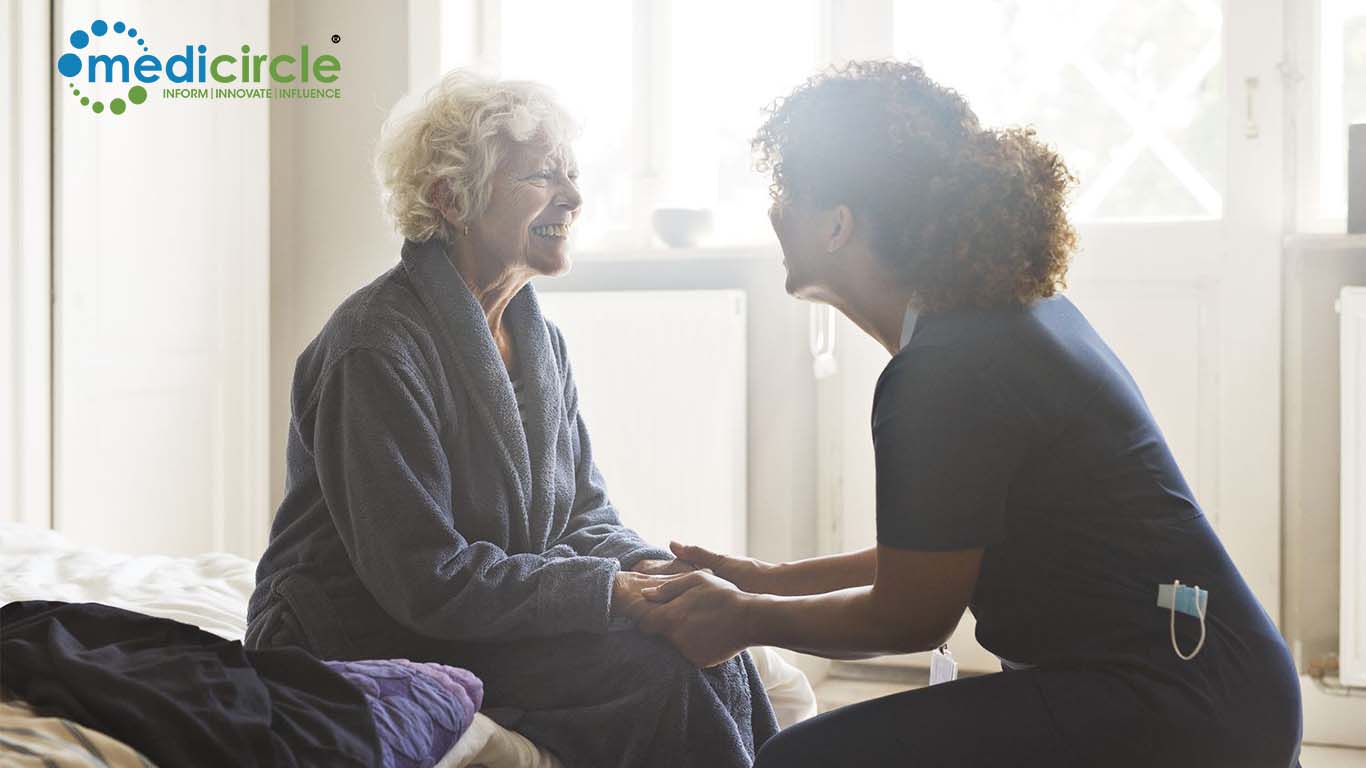





.jpeg)



.jpg)




.jpg)





.jpeg)

.jpg)


